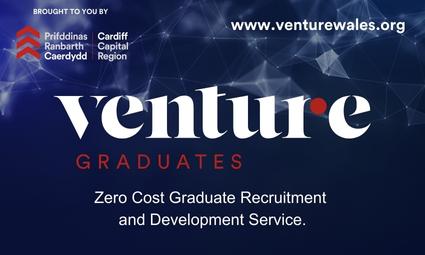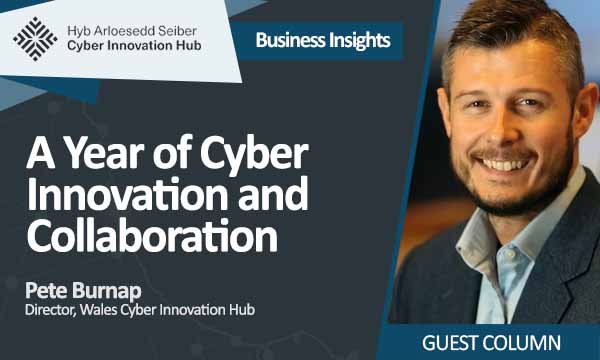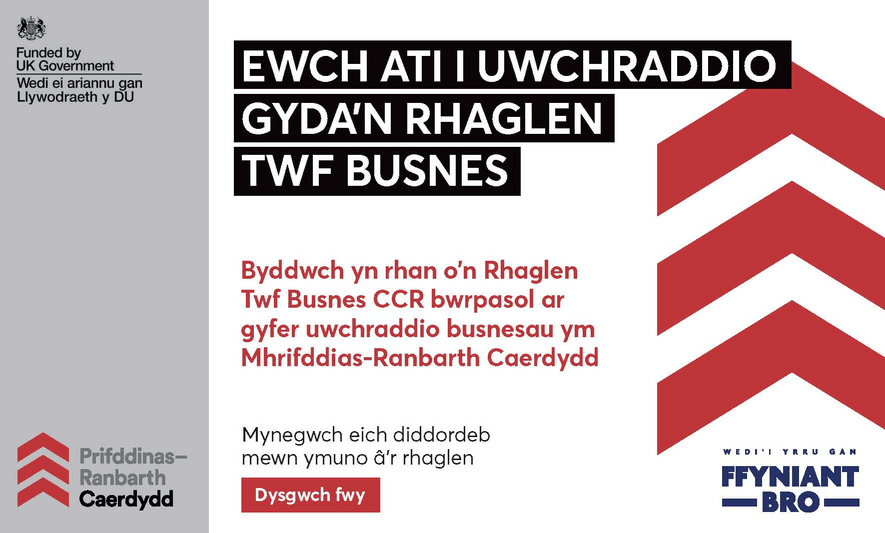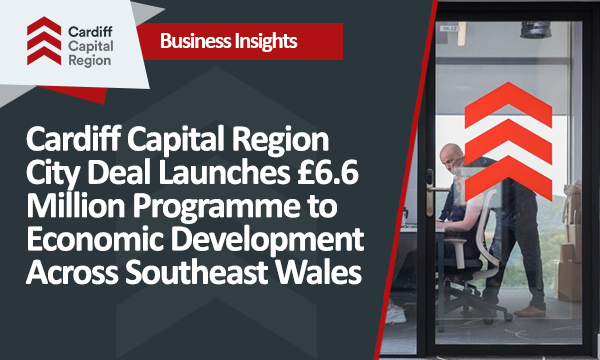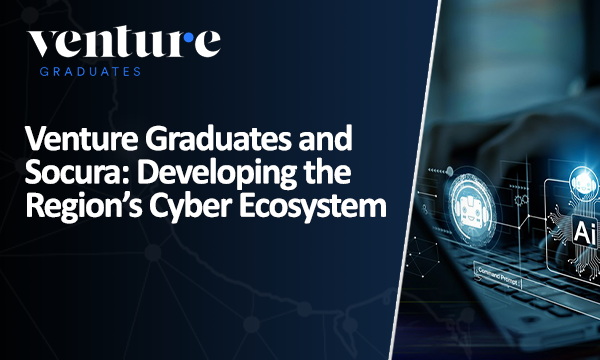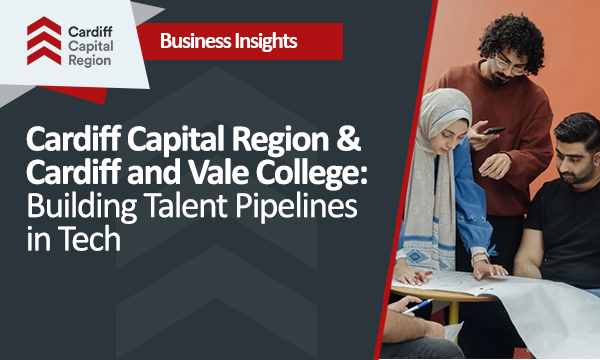The Young Innovator Awards – part of Innovate UK’s programme for 18-to-30 year olds – has proven a shining light in supporting the innovations of high-potential young people from a wide range of backgrounds.
Co-funded by Cardiff Capital Region and fully supported by the Venture Skills & Talent hub, this pioneering programme has this year produced four fabulous Welsh Award Winners – and in our third feature celebrating those winners, we discover how Christian Berger’s modular, semi-automated seaweed hatchery can be deployed in remote areas and run entirely off-grid: potentially reinvigorating the seaweed industry in the UK – and opening up a source of sustenance for many countries around the world …
Supporting food security in the UK and across the world
Growing up in Swansea, Christian spent a lot of his spare time in the sea and on the shore – swimming, surfing and foraging the intertidal zone of a world-famous coastline. Today, he’s devoting his efforts to supporting sustainable coastal businesses in the UK’s struggling seaweed farming industry.
Seaweed is grown on shorelines around the world, requiring no land or fertilisers – and creating valuable jobs for coastal communities. It’s an activity that’s been with us for centuries, but has been slow to take off as an industry in the UK. So when Christian discovered that there were no commercial seaweed suppliers in Britain, he realised this was a way of applying his engineering background to support food security in the UK and across the world.
Christian has developed a revolutionary modular, semi-automated seaweed hatchery – run entirely off-grid, so it can be deployed in remote areas. His first hatchery, in North Wales, supplied 300m of seeded seaweed line to its first customer last year – and Christian foresees a future where seaweed is widely used in food products such as food feed, fertiliser and pharmaceuticals.
Addressing the fundamental challenges of climate change and sustainability
“I knew I had to do ‘something’ when I read the IPCC report in 2018, which scoped the scale of climate change and the dangers we face to our very survival” explains Christian.
“The report made it clear that young engineers were going to be critical to addressing the challenges we face in terms of sustainability. I’ve always been involved in growing healthy, organic food in community allotments and market gardens, and understood the vulnerability of food security now that climate change is bringing earlier springs and hotter summers. So my work in essence brings together two passions – engineering and food security – with the aim of helping solve the biodiversity challenges we have coming towards us.
“In some parts of the world, such as China and Indonesia, seaweed is a huge industry accounting for 5%-10% of the diet for hundreds of millions of people. And it’s becoming much more cultivated in Europe too, as an alternative food source that’s incredibly rich with all the nutrients of the sea. So we already understand the fundamental goodness and sustainability that seaweed brings. It’s simply a far better way of producing much more nutritious food.
“It also brings potentially much wider benefits to the UK too. We already import 50% of our food, while at the same time seeing much of what we grow domestically going to waste. The daily news tells us that we’re also struggling to get people to work in agriculture, so there’s a worrying labour shortage in an essential stage of food provision.
Growing greater food security and a new ecosystem in Wales
“Creating a strong seaweed industry will give us greater food sovereignty, as well as nurturing a closer relationship and understanding of the food we eat. It will employ people in rewarding and sustainable work; and build more resilience in our food production. Here in Wales, that would bring an immediate benefit in places around Pembrokeshire and North Wales where coastal communities offer very little opportunity to their young people.
“Wales has natural geographical advantages such as sheltered bays, shallow seas and clean waters, so it’s ideally placed to make the most of this opportunity. We also have a government that cares – so we have the chance to build a genuine ecosystem of food and foodstuff production: training and employing people of all demographics to enjoy fulfilling work in our coastal communities. Just imagine the supply chains that we can build locally, not just based on seaweed, but also shellfish and the wider production of bioplastics and organic clothing that is now becoming increasingly mainstream in commerce.
“The Young Innovators Programme has enabled me to pursue this thinking and establish an enterprise, helping focus my thinking, structure my efforts and build step by step. It’s given me access to the right people to get the right advice, on issues that are huge and sometimes off the scale. Being able to sound out a broad spectrum of experts and a peer group that’s facing similar challenges in different industries really helps share the load.
“The programme is invaluable – helping you realise that anything is possible as long as you take baby steps and avoid getting overwhelmed. It’s enabled me to follow my passion and align my work with what matters to me – and I think that’s a path everyone should try and follow in life, if they can.”
We’re looking forward to supporting Christian as much as we can in his quest to bring food security to Wales and the wider world – and if you would like to know more about him and the rest of our remarkable Welsh winners, (part of the 2021/22 winning cohort that’s 50% female, 17% disabled and around one third from an ethnic minority group), go to www.venturewales.org
#InnovationInAction





